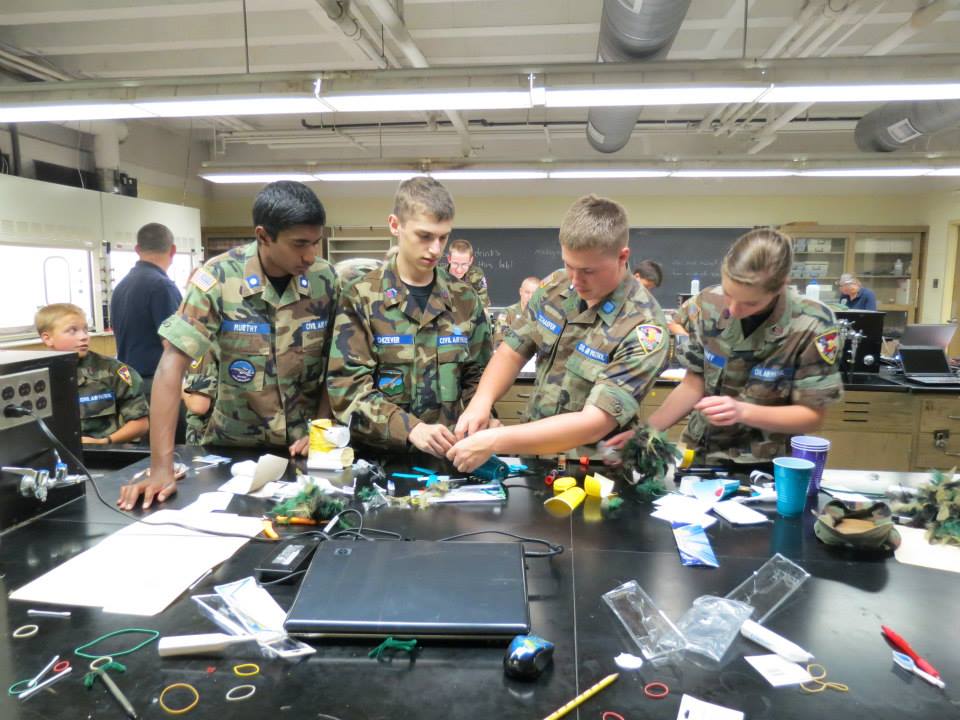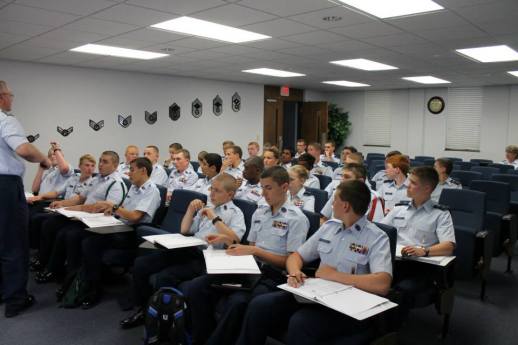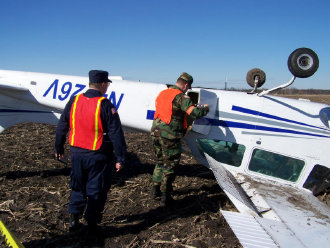Missions
Aerospace Education

The Aerospace Education Program provides aviation related education and educational activities for members, including formal, graded courses about all aspects of aviation including flight physics, dynamics, history, and application. Courses covering the space program, and new technologies and advances in aviation and space exploration, are also available. There are several programs for CAP pilots to improve their flying skills and earn Federal Aviation Administration ratings.
Cadet Programs

Civil Air Patrol’s first cadet program was started during World War II as a way to provide training for future pilots. Since then, the program has flourished, combining Aerospace Education with Leadership and Career training. Today, CAP cadets are those members who join between their 12th and 18th birthday. Cadets who turn 18 may either become a Senior Member or remain a cadet until 21 at their own discretion. Cadets who join the military automatically become senior members when they receive their first orders.
Emergency Services

Civil Air Patrol covers several Emergency Services areas. The principal categories include search and rescue missions, disaster relief, humanitarian services, and Air Force support. Other services, such as homeland security and actions against drug-trafficking operations, are becoming increasingly important. Civil Air Patrol is well-known for its search activities in conjunction with search and rescue (SAR) operations. CAP is involved with approximately three quarters of inland SAR missions directed by the United States Air Force Rescue Coordination Center at Tyndall Air Force Base, Florida. Outside of the continental United States, CAP directly supports the Joint Rescue Coordination Centers in Alaska, Hawaii, and Puerto Rico. CAP is credited with saving an average of 100 lives per year.